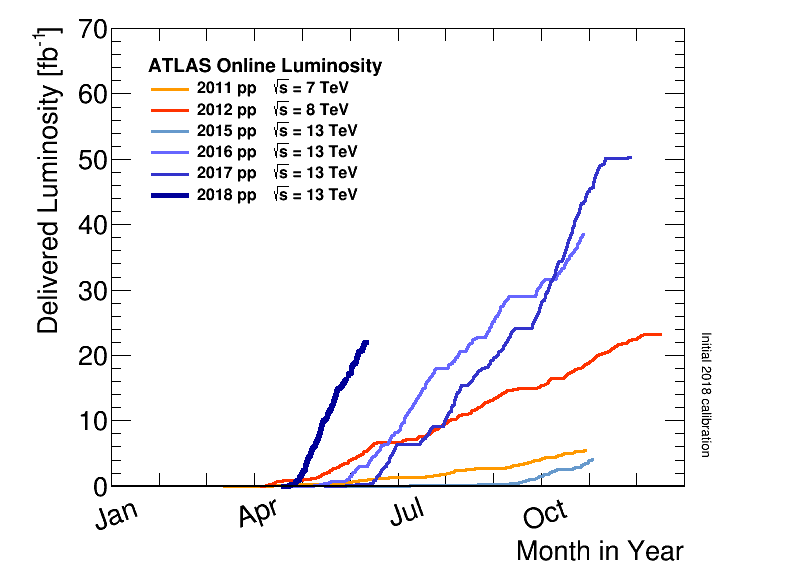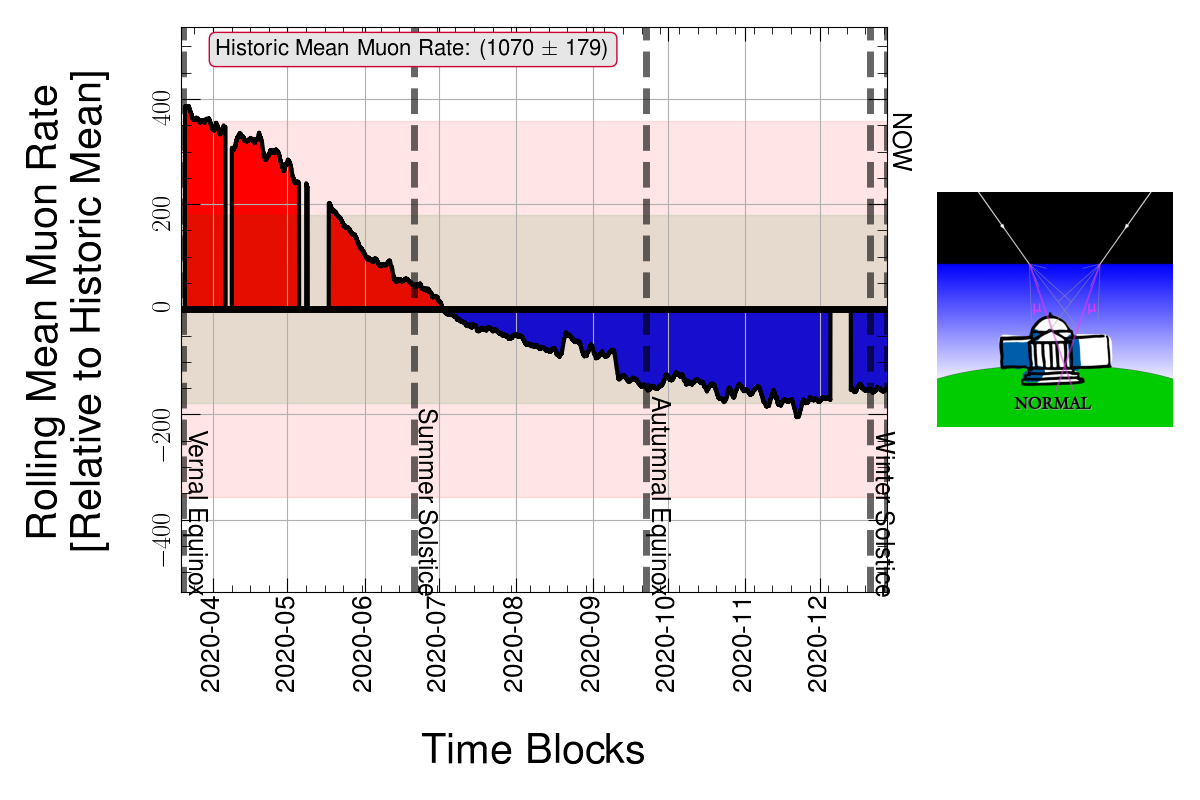I was recently witness to the kind of modern slight against women in physics that reminds me that while we’ve all come a long was as a field, we have a mighty long way to go to achieve mutual respect. Without going into details, or naming names, the incident can be described as follows: in front of a moderately sized audience of physicists, a male physicist apologized that he was not half as good to look at as the physicist who had been up before him.
Yeah, I know. I’d say about 40%-75% of you just said, “Big deal,” while the rest of you ground your teeth. The male physicist prefaced his remark with the usual white-washing: he said that he knew that the U.S. was the land of political correctness, but he was going to make the remark anyway.
On some level, by even speaking about this I am somehow handing him the response he wanted. However, one might also argue that voices, even ones tucked away on blogs, should at least murmur in response to this. Nobody said anything at the time of the remark, although speaking for myself it was more because I was petrified with disbelief and a little disgust. There are many ways to look at my own response to this.
The first is that I am just being politically correct. Of course, I disagree. I’m not at all one of those people who thinks that some words should just be banned, nor am I somebody who thinks that women are somehow more fragile in the face of such a statement. In contrast, I think that the existing culture in physics is largely one where women physicists feel a certain obligation to be tough and smart at the same time. I’ll probably draw some ire for the following, but the long history of women as a minority in physics seems to have acted as a sieve, where many of the women in the field feel the need to be brilliant and aggressive at the same time. Some of them have remarked that they’re just acting “male,” in the sense that when a man acts like that nobody notices, but if a woman does so, somehow it’s notable or distinguishable.
I’m really more paraphrasing things I’ve heard both men and women in this field say, rather than expressing my own view. My own view is this: it’s fine to joke with somebody about how handsome or pretty they are compared to you, but only once you’ve established a rapport with them where they know you respect them first as a whole person, and they can take the joke. For instance, I’d never crack a personal appearance joke with a person I am meeting for the first time, either positive or negative. That’s something that the laws of good taste in society suggest saving for at least a second or third meeting.
What makes the above kind of remarks above particularly distasteful in a wider context is that
they are made in a public forum, where it’s difficult to respond in any fashion quickly. The audience is left with a bad taste, and at the same time lets the speaker get away with reducing a physicist to personal appearance instead of substance. It seems that of all cliques, physicists should be the most sensitive to the fact that judging a person, well or badly, based on appearance is a terrible means to judge a mind. Calling out such traits in a meeting of minds is simple disrespect, and in a moment sets back the field 50 years. I know we’re all tough enough as people to deflect such crap, but it’s sad that we have to think about deflecting it in the first place.
I think it’s great to be able to joke, in good taste or bad, with my colleagues. However, I would never do so in a public forum unless I had a personal relationship with the person that created a mutual strength, where both of us can deflect the sting and even know how to deliver a retort that gets the audience laughing. However, it’s safe to say that cracking about somebody’s appearance without such a friendship is just tasteless, and far below the level of professional respect we should grant, at a minimum, to those with whom we work but are not friends.
Powered by ScribeFire.




